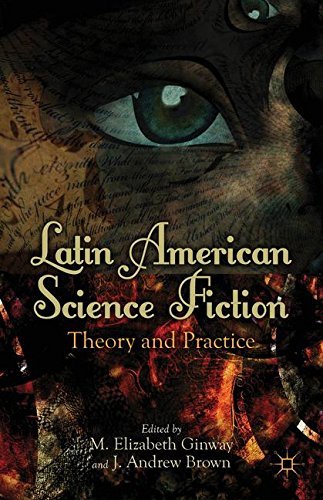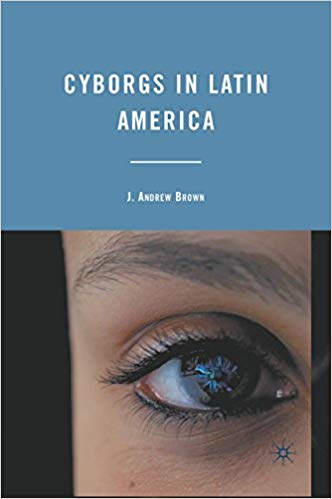Professor Brown's research and teaching interests focus on issues of technology, science, global popular culture, and Latin American cultural identity.
As Vice Dean of Faculty Affairs, Professor Brown works closely with chairs and directors on issues of recruitment, retention, tenure and promotion of faculty in Arts & Sciences. He manages external reviews of departments and supports a wide range of initiatives regarding faculty support.
Professor Brown is an expert on the interrelationships of science, technology and culture in contemporary Latin America and has written widely on these issues, including the monographs Test Tube Envy: Science and Power in Argentine Narrative (Bucknell University Press), Cyborgs in Latin America (Palgrave) and the edited volumes Tecnoescritura: Literatura y tecnología en América latina (Revista Iberoamericana) and Latin American Science Fiction: Theory and Practice (Palgrave).
He is currently working on a book that examines the intersections of the weird, horror, and ecoculture in Latin America.




